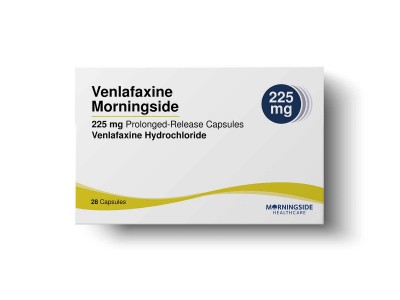Venlafaxine, an antidepressant belonging to the serotonin-norepinephrine reuptake inhibitor (SNRI) class, is commonly prescribed for major depressive disorder, generalized anxiety disorder, social anxiety disorder, and panic disorder. Common side effects of venlafaxine can include nausea, dizziness, insomnia, dry mouth, sweating, loss of appetite, constipation, and sexual dysfunction. These side effects are often most pronounced when starting the medication or adjusting the dose.
For many people, side effects are temporary and may diminish as the body adjusts to the medication, typically within a few weeks. Nausea, dizziness, and insomnia are among the side effects that may improve relatively quickly, often within the first one to two weeks. Other side effects, like dry mouth and sweating, might persist longer but can also improve over time.
In some cases, certain side effects such as sexual dysfunction or changes in appetite may continue as long as the medication is being taken. If side effects are severe, persistent, or particularly bothersome, it is important to consult a healthcare provider. They might adjust the dose, suggest strategies to manage the side effects, or consider alternative treatments. Gradual dose adjustments under medical supervision can also help mitigate the intensity of side effects. As with any medication, individual responses to venlafaxine can vary, so close communication with a healthcare provider is essential to ensure the best therapeutic outcome.

